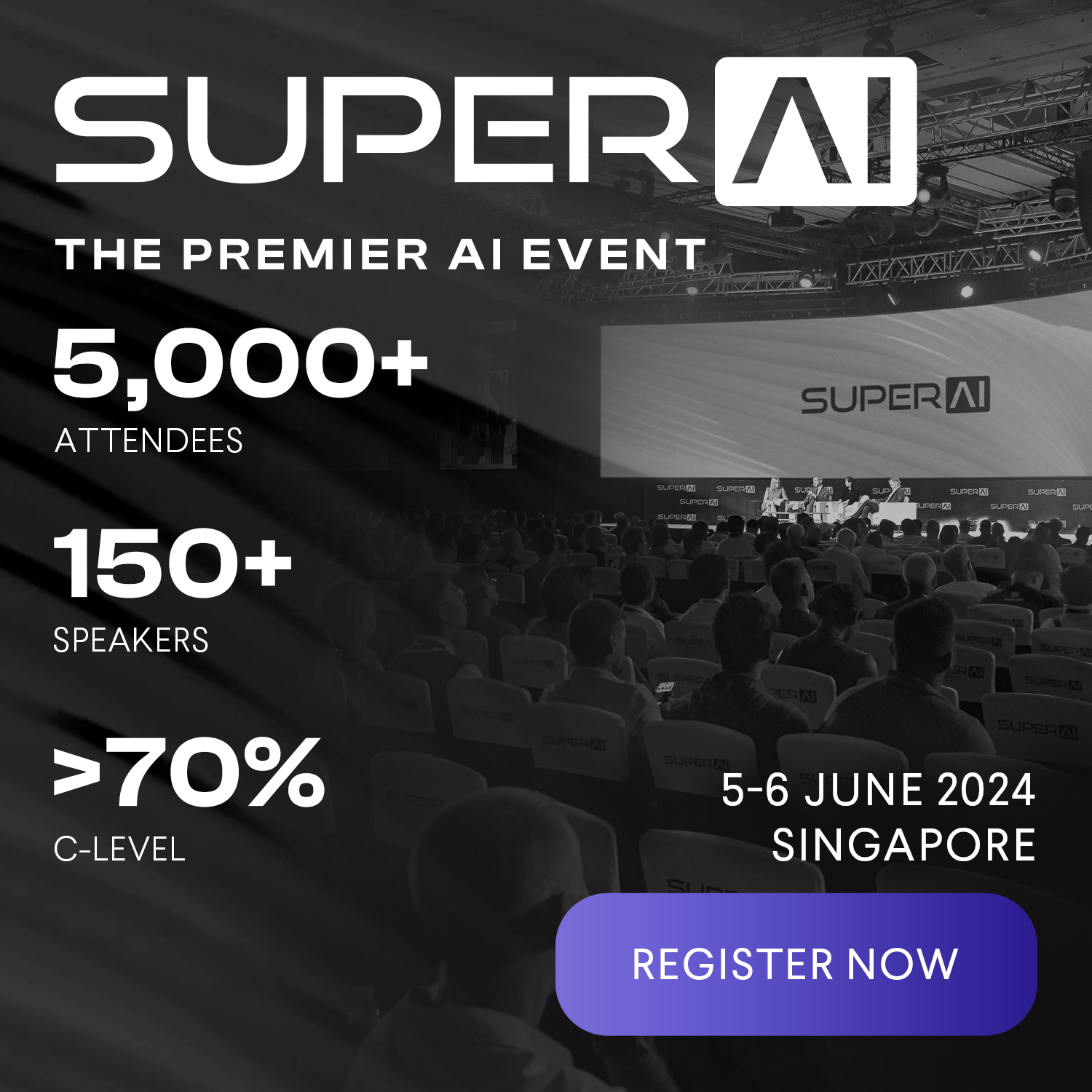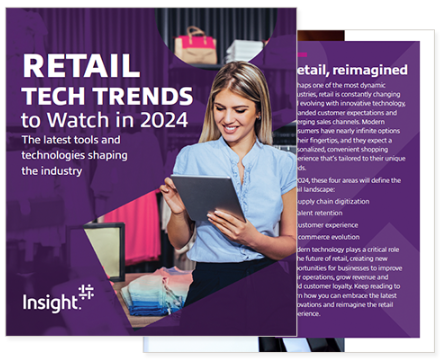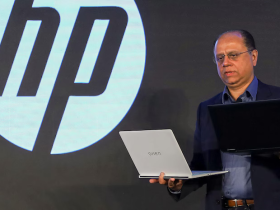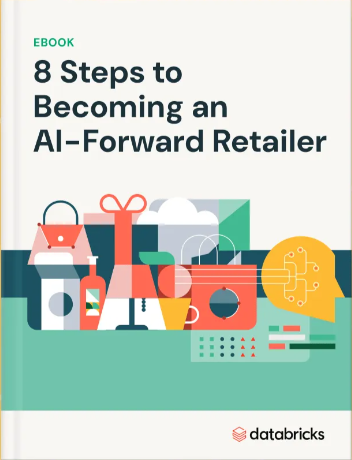What do you do at AMPLYFI, and what do you build with your team?
AMPLYFI empowers everyone in an organisation to create value from vast quantities of structured and unstructured data. We have developed comprehensive business intelligence and research platform that incorporates a series of artificial intelligence (AI) algorithms that unlock both the deep web and clients’ internal datasets to deliver unique machine-driven insights. Capable of revealing previously hidden links, trends, and opportunities, our technology reads content faster and more accurately than any human can to deliver clear, unbiased, market-changing insights that lead to measurably better decision making.
Can you give a brief overview of your DeepResearch and DeepInsight products?
DeepResearch is an enterprise-grade search engine that helps knowledge workers find relevant information faster using federated search across a multitude of sources (internal and external). It then analyses those results in real-time using Machine AI models. For new areas and topics, users become “five-minute masters” and can drill down to find very specific and otherwise impossible-to-find information.
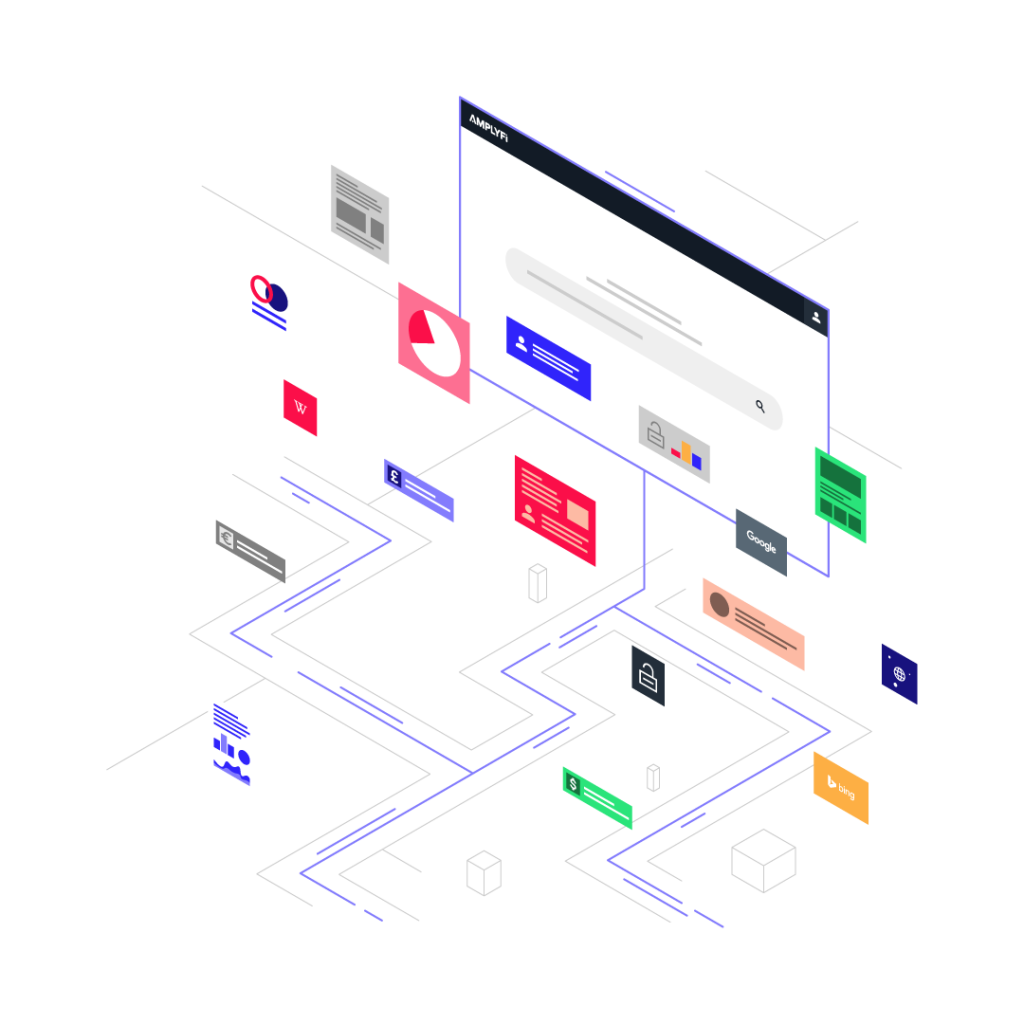
DeepInsight, the World’s first Insights Automation Platform (IAP), helps organisations research, analyse, and generate insights from vast quantities of textual content (both structured and unstructured). Using several AI techniques, it outperforms the largest of human research teams by analysing hundreds of thousands to millions of documents in near real-time at unprecedented speeds and accuracy. It enables users to understand global trends and identify the leading nations, organisations, and individuals behind them. For a better understanding of risk, its “active-in” AI model delivers greater functionality than Standard Industrial Classification (SIC) codes, while sentiment and breaking adverse news analysis flags up early warning signals for supply chain and customer assessments.
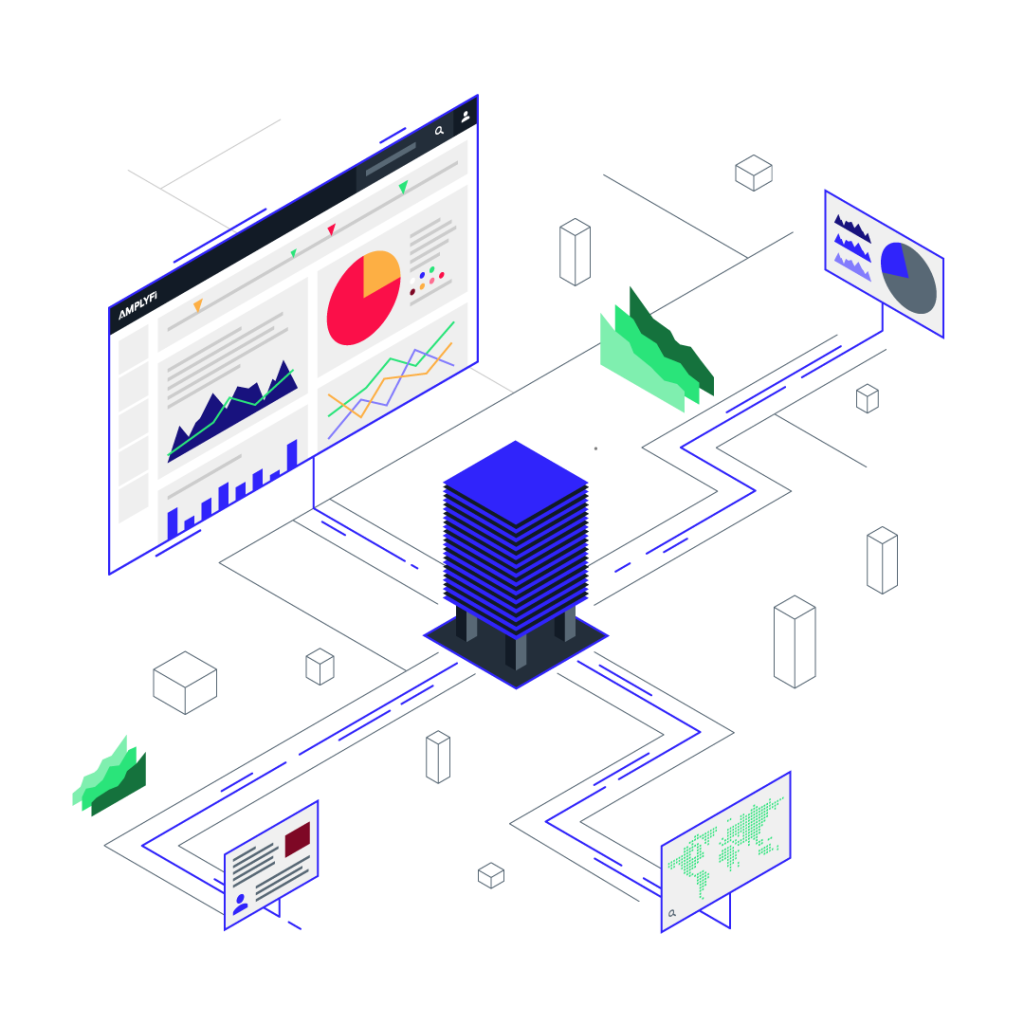
What are some of the common challenges customers approach AMPLYFI with?
We work with some of the largest organisations from around the world and their use cases and pain points all differ. For Financial Services, it is primarily about better understating customer risk across their portfolios, particularly as we emerge from the COVID-19 crisis. For industry incumbents, it is about horizon scanning and pinpointing sources of future disruption before it is too late. For governments, defense, and security agencies it is about making sense of the sheer volume of content generated globally on the internet to create actionable intelligence to preserve national security and help keep their respective nations relevant. Capable of performing its analysis across multi-languages, our platform is enabling global scanning, surveillance, and research capabilities to be enhanced at a time when budgets are increasingly under pressure and teams struggle to keep pace with developments worldwide.
What are some of the distinctive features of AMPLYFI that differentiate you from your competitors?
The ability of our platform to access the Deep Web and generate insight from masses of unstructured content sets us apart. Whether it is held on the internet or within internal digital libraries, CRM systems, SharePoint, Confluence, etc. our platform is agnostic as to the types of content or language that it analyses. In addition, while allowing a degree of customisation, the flexibility of our platform and its use of unsupervised learning means that it does not need to be completely reconfigured or new AI models built and trained for each use case. This not only helps to keep costs down for clients but our self-service business model (either SaaS or direct API access) allows them to keep all strategic lines of enquiry, analysis, and insights in-house. This is itself, a massive source of value, particularly where the dependency on third-party consultants is reduced.
Can you give us a sneak peek into some of the upcoming product upgrades that your customers can look forward to?
We currently have three enhancements in Beta testing and are scheduled for release soon. Having always given users the ability to customise their internet searches from a selection of pre-defined sources, we will soon launch an “auto-build” facility that will enable them to create their own connectors, whether it is to their preferred websites or internal data repositories. Linked to this is an option to then build dedicated Data Lakes. This is particularly useful for specialist or niche analysis such as drug discovery in pharmaceuticals or peer-reviewed literature in medicine where users demand repositories constructed from gold-standard, trusted sources. Finally, we are readying a new search automation feature that will empower users to construct complex search strings to include (or exclude) specific geographies, content type,s etc, to raise the quality of their analysis even further.
Can you share some of the emerging trends from the Insights Automation Platform?
Environmental, Social, and Corporate Governance (ESG) are increasingly becoming an important performance metric for investors to assess and build their portfolios. However, current scoring methodologies for measuring and benchmarking companies’ performance have significant limitations and lack transparency. We are developing new AI-driven methodologies to create a range of global ESG indices that will overcome these shortcomings. The “E” element of ESG currently attracts the most attention, particularly around sustainability and climate change. Our analysis reveals some emerging, very early-stage technologies such as nano diamond batteries (NDB) and glucose biofuel cells that could disrupt the global energy systems in the future. Potentially removing the need for large electricity grids, they could even render smart grids obsolete before they are deployed at scale.
What does your Insight Automation Platform reveal about the current priorities in Life Sciences?
Aside from the obvious focus on developing vaccines to combat COVID-19, we are seeing rising interest in tackling neurodegenerative conditions and diseases. Advances in imaging technologies are improving our understanding of how the brain works. In addition to efforts such as Elon Musk’s Neuralink to develop technologies capable of programming our brains to treat illnesses such as Alzheimer’s and vascular dementia, we are increasingly being asked to analyse and scan for technologies focused on improving the quality of life and patient outcomes for conditions such as motor neuron disease (MND) and multiple sclerosis (MS). Here the challenge is to try and highlight technologies that are established in other applications that could readily transfer or be adapted to improve the lives of those with relatively niche medical conditions that perhaps do not attract as much R&D funding and interest. The robotic exoskeleton is a great example of one such area of interest.
Do you have some final thoughts?
The biggest barrier we see in adopting AI and ML technologies, particularly in improving corporate decision-making and strategy, is building trust in the machine. It also requires a change in analysts’ skill sets, particularly in interpreting results and dealing with uncertainty – AI is, after all, more about probability and confidence scores than precise answers. Consequently, we always strive to engineer transparency into our platforms’ analysis and allow users to dive deeply into the results to build the necessary confidence and trust needed to act upon its insights. In addition, we are an industry partner in a pan-European initiative, EINST4INE, that is seeking to address the challenges of future industrial systems. Here we are working closely with the University of Cambridge to progress understanding of how to better integrate digitally and socially-driven decision-making approaches in contemporary industries.
Bio for Chris Ganje, Co-Founder and CEO of AMPLYFI:
Chris is the co-founder and CEO of AMPLYFI, a company pioneering the development of machine learning and data science as applied across structured and unstructured data sets. Chris previously worked at BP PLC where he was responsible for leading the Group’s long-term disruptive technology assessments and developing its European energy technology policy initiatives. He is a fellow alumnus at Cambridge University’s Centre for Science and Policy and is a non-executive member of the Innovate UK Council.
Bio for AMPLYFI:
Founded in 2015 by Chris Ganje and Ian Jones after they worked together at BP on global strategic projects, AMPLYFI specialises in developing artificial intelligence (AI) and machine learning (ML) technologies that enable organisations to significantly enhance their business intelligence and research capabilities. By going beyond the reach of standard search engines such as Google and Bing, AMPLYFI’s Insights Automation Platform not only unlocks the internet for users but can also connect to and unlock their internal data systems. In doing so, the platform integrates a number of AI techniques such as unsupervised learning, natural language programming (NLP), topic modelling, and sentiment analysis to work seamlessly across structured and unstructured content regardless of language.




